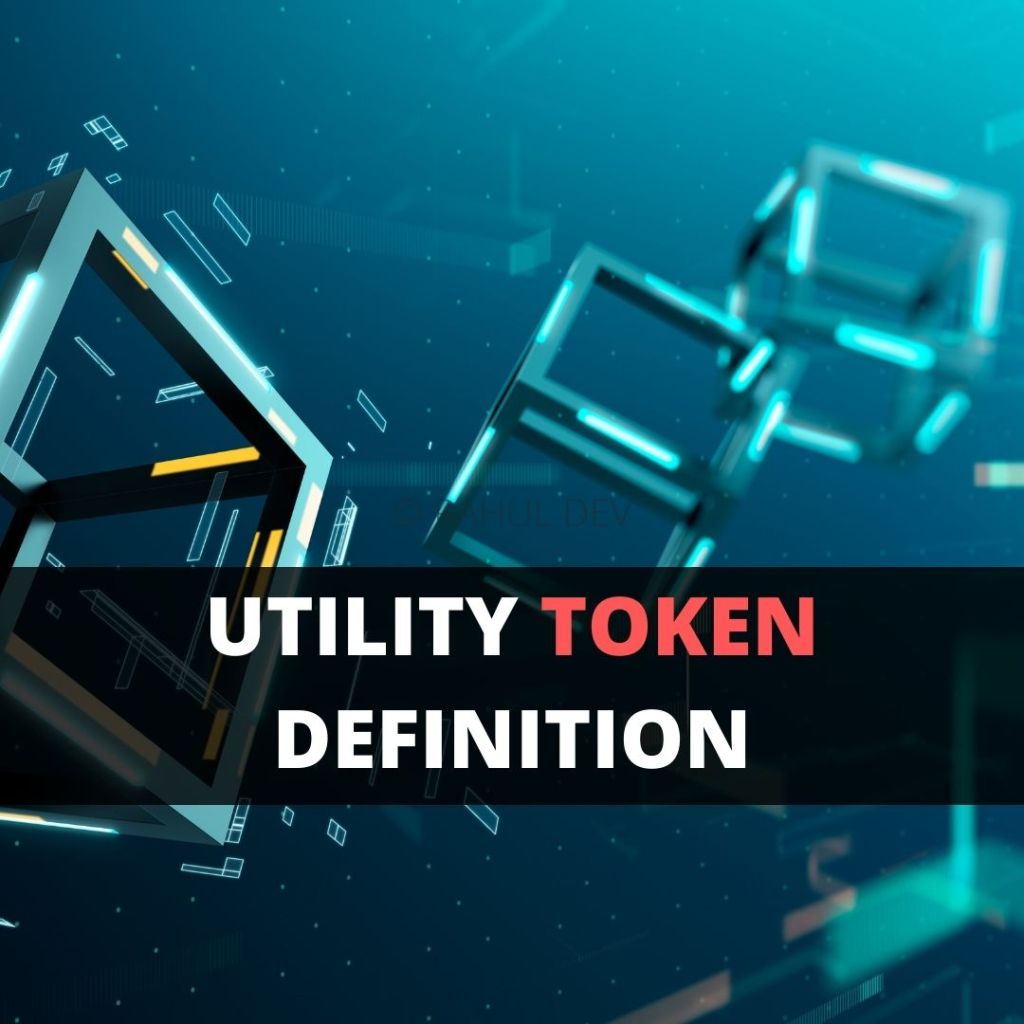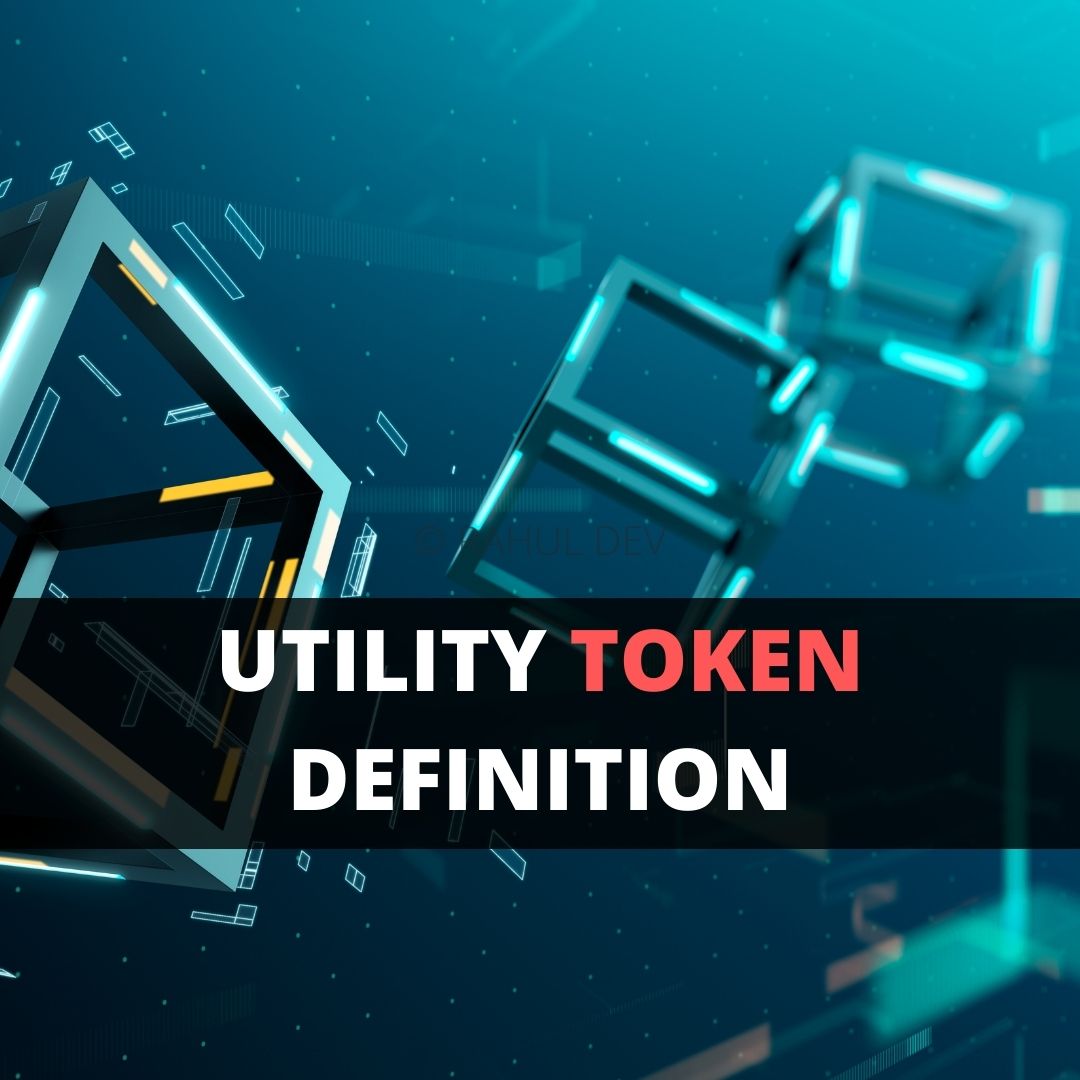Global Legal Regulations for Utility Tokens
Tokenization is the process of converting a non-digital asset into a digital representation; it is also known as asset digitalization. Financial items like stocks and bonds, as well as genuine tangible assets like real estate, art, and sports teams, could be used as the underlying asset. Tokenization allows for the digital transfer and control of these real-world ‘of chain’ assets. Tokenization is not a new concept, but putting it into practice using blockchain, a distributed ledger technology, opens a whole new world of possibilities for creating, recording, and transferring tokens. Tokens can be used for tokenized security in a variety of ways, including security tokens, utility tokens, and exchange tokens. While submitting blockchain projects for token listing at an exchange like KuCoin, the legal opinion letter for utility token is needed which includes utility tokendefinition along with analysis of global token launch regulations and blockchain laws. Let us guide you through the Utility token definition, global regulatory overview, and launch of utility tokens that will surely guide you.
What is a utility token?
Cryptographic tokens are programmable assets that can be produced and recorded on current blockchains, as a special-access smart contract. Established blockchain is used as a platform for the formulation & execution of unique smart contracts, which often result in the ownership of assets that aren’t owned by theblockchain network itself. Real-world goods like money, points, coins and digital assets can be represented by tokens and can be exchanged. As a result of the tokens, users can now create new assets, the ownership and scarcity of which can be verified using the blockchain.

Cryptocurrency tokens that have a specific use case inside an ecosystem are known as utility tokens. Using these tokens, users can carry out a specific task on a certain network. Cryptocurrencies that may be mined include utility tokens. They are usually pre-mined, which means that the entire supply is generated at once and then distributed in a predetermined fashion by the project’s developers.
Users’ “utility of membership” on the Project Platform is represented by utility tokens, but not their legal existence. Utility tokens, as opposed to security tokens, do not guarantee a stake in the underlying corporation. On the contrary, they serve as a medium of exchange that may be redeemed for goods & services. A security token represents asset ownership, whereas a utility token represents the right to use a service. While these tokens may not be as desirable to investors as security tokens, they do have some advantages for businesses.
Launch of Utility Tokens in Switzerland
The Banking Act and related Ordinance, which govern licensing requirements relating to public contributions; the Federal Intermediated Securities Act, the Stock Exchange Act and related Ordinance, the Financial Market Infrastructure Act and related Ordinance, the Code of Obligations, and the Anti-Money Laundering Act are among the financial market acts that apply to digital asset offerings in Switzerland. The Swiss Financial Market Supervisory Authority, or FINMA, has released a guidance paper on how token offers are regulated.[1]
Payment tokens, utility tokens, asset tokens, and pre-sale tokens are the four types of tokens defined in theICO Guidelines. FINMA will classify the latter two categories as securities in most cases. Payment tokens like Bitcoin and Ether aren’t considered securities because they’re supposed to be used primarily for payment or barter. Utility tokens, on the other hand, would not be deemed securities if they grant digital rights to an application or service and are usable on the platform or application in question. If the utility token has an investment objective, FINMA is likely to upgrade the token’s classification to that of a security.[2]
Launch of Utility Tokens in Singapore
The Monetary Authority of Singapore (MAS) clarified that if a digital token is a capital market instrument governed by the Securities and Futures Act (Cap. 289) (SFA) and the Financial Advisors Act (Cap. 110), the offer or issue of the digital tokens must confirm with applicable securities regulations, any securities, futures contracts, contracts or arrangements for the purposes of foreign exchange trading, contracts or arrangements for the purposes of leveraged foreign exchange trading are defined as “capital market goods” under Section 2(1) of the SFA. As a result, a digital token might be used to represent a share, debenture, or unit in a collective investment scheme.[3]
Launch of Utility Tokens in European Union
The European Securities and Markets Authority (ESMA) released a statement warning investors about the significant risks of initial coin offerings (ICOs), citing worries about fraud, the high risk of losing one’s investment, extreme price volatility, insufficiency of information, and technological problems. Although the European Union (EU) has generally allowed token offerings to take place, subject to adherence to anti-money laundering/know your customer (AML/KYC) policies and the required business regulations and licenses, on October 8, 2018, the chair of ESMA stated that ESMA was investigating whether ICOs should be regulated as securities offerings, either through new regulations or compliance with existing rules.[4]
EMSA released an advice document titled “Advice on Initial Coin Offerings and Crypto-Assets” on January 9, 2019. The Advice outlines EMSA’s view on crypto-assets that qualify as financial instruments under MiFID, as well as the dangers that arise when such assets do not. In the case of qualifying instruments, EMSA notes that there are places within the present regulatory framework that may require a rethinking of the requirements for the existing regulations to be applied effectively. EMSA believes that anti-money laundering requirements should apply to all crypto-assets and actions involving such assets for non-qualifying instruments.
Launch of Utility Tokens in United States
In the United States, the Securities and Exchange Commission (SEC) has published a framework to assist firms in determining whether “digital assets” sold through ICOs meet the characteristics of one specific sort of security – an “investment contract” under federal securities laws. If it qualifies as an investment contract under existing laws, federal securities rules relating to registration (unless exempted) will apply, among other things.[5]
The Howey case and related case law of the United States Supreme Court have determined that an “investment contract” arises when money is invested in a joint venture with a reasonable expectation of rewards obtained from the labour of others. The so-called “Howey test” applies to any contract, scheme, or transaction, regardless of whether it has any traditional securities features. The Howey analysis concentrates not only on the instrument’s form and terms (in this example, the digital asset), but also on the circumstances surrounding the digital asset and how it is offered, sold, or resold. As a result, issuers and other parties involved in the promotion, offer, sale, resale, or distribution of any digital asset must examine the relevant transactions to see if federal securities laws apply.
All offers and transactions of securities, including those involving a digital asset, must either be registered under the federal securities laws or qualify for an exemption from registration. Persons must disclose specific information to investors as part of the registration process, and that information must be complete and not substantially misleading. The purpose of the federal securities laws is to provide investors with the information they need to make educated investment decisions, and this obligation for disclosure furthers that goal. Information on the critical managerial activities that affect the enterprise’s success is one of the items that must be shared.
Conclusion
There is no certainty of the launch of utility tokens all over the world. In every jurisdiction, there is a new regulatory framework to regulate the tokens. That’s why there is a need for a global level of regulation to make the certainty of laws around the globe.
In addition to the crucial points stated here relating to utility token listing and launch of utility tokens, the future business models based on innovation may regularly need assistance for Patent Searching. The results of a patent search report can assist in determining if Patent Drafting is the next step for International Patent Filing along with USPTO Patent Filing. In case of blockchain based business models, utility token Legal Opinion Letters may also be needed, along with a set of applicable contracts and agreements.
Our team of advanced patent attorneys assists clients with patent searches, drafting patent applications, and patent (intellectual property) agreements, including licensing and non-disclosure agreements.
Advocate Rahul Dev is a Patent Attorney & International Business Lawyer practicing Technology, Intellectual Property & Corporate Laws. He is reachable at rd (at) patentbusinesslawyer (dot) com & @rdpatentlawyer on Twitter.
Quoted in and contributed to 50+ national & international publications (Bloomberg, FirstPost, SwissInfo, Outlook Money, Yahoo News, Times of India, Economic Times, Business Standard, Quartz, Global Legal Post, International Bar Association, LawAsia, BioSpectrum Asia, Digital News Asia, e27, Leaders Speak, Entrepreneur India, VCCircle, AutoTech).
Regularly invited to speak at international & national platforms (conferences, TV channels, seminars, corporate trainings, government workshops) on technology, patents, business strategy, legal developments, leadership & management.
Working closely with patent attorneys along with international law firms with significant experience with lawyers in Asia Pacific providing services to clients in US and Europe. Flagship services include international patent and trademark filings, patent services in India and global patent consulting services.
Global Blockchain Lawyers (www.GlobalBlockchainLawyers.com) is a digital platform to discuss legal issues, latest technology and legal developments, and applicable laws in the dynamic field of Digital Currency, Blockchain, Bitcoin, Cryptocurrency and raising capital through the sale of tokens or coins (ICO or Initial Coin Offerings).
Blockchain ecosystem in India is evolving at a rapid pace and a proactive legal approach is required by blockchain lawyers in India to understand the complex nature of applicable laws and regulations.
[1] FINMA Guidance 04/2017 Regulatory treatment of initial coin offerings.
[2] Id.
[3] Monetary Authority of Singapore (GUIDELINES ON PROVISION OF DIGITAL PAYMENT TOKEN SERVICES TO THE PUBLIC), PS-G02/ 17 January 2022.
[4] ESMA’s 2019 Annual Work Programme (https://www.esma.europa.eu/).


3 Comments
Comments are closed.